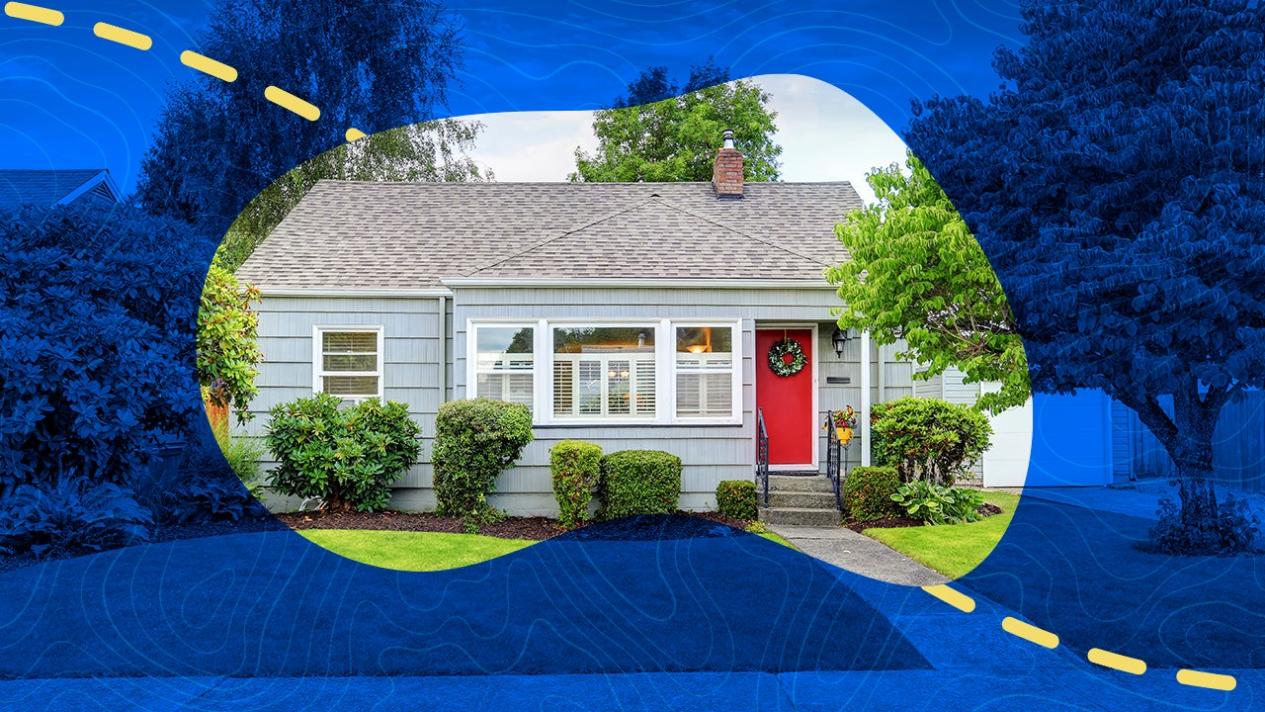How Do I Determine How Much I Can Afford for a Mortgage?
Buying a home is a major financial decision, and it's important to make sure you can afford the mortgage payments before you apply for a loan. There are a number of factors to consider when calculating how much you can afford, including your monthly income, debts, and expenses.

Calculating Monthly Mortgage Payments
The first step in determining how much you can afford for a mortgage is to calculate your monthly mortgage payments. This includes the following:
- Principal and interest: This is the amount you'll pay each month to pay off the loan.
- Property taxes: This is a tax you'll pay to the local government based on the value of your home.
- Home insurance: This is insurance that protects your home from damage.
- Private mortgage insurance (PMI): This is insurance that protects the lender if you default on your loan.
- Homeowners association (HOA) fees: These are fees you'll pay to the homeowners association if you live in a community that has one.
You can use a mortgage calculator to estimate your monthly mortgage payments. Be sure to include all of the costs listed above.
Determining Your Debt-to-Income Ratio (DTI)
Your debt-to-income ratio (DTI) is a measure of how much of your monthly income is going towards debt payments. Lenders typically want to see a DTI of 36% or less before they'll approve you for a mortgage.

To calculate your DTI, add up all of your monthly debt payments, including your mortgage payment, car payments, credit card payments, and student loan payments. Then, divide that number by your monthly income. The result is your DTI.
If your DTI is too high, you may need to reduce your debt or increase your income before you can qualify for a mortgage.
Estimating Your Down Payment
A down payment is a lump sum of money that you pay upfront when you buy a home. The amount of your down payment will affect the size of your mortgage and your monthly mortgage payments.
The typical down payment amount is 20% of the purchase price of the home. However, you may be able to get a mortgage with a smaller down payment, such as 5% or 10%. The smaller your down payment, the larger your mortgage will be and the higher your monthly mortgage payments will be.
There are a number of ways to save for a down payment, such as saving money from your paycheck, getting a gift from a family member, or taking out a loan.
Considering Additional Expenses
In addition to your mortgage payments, you'll also need to budget for other expenses, such as:
- Closing costs: These are the fees you'll pay to close on your mortgage, such as the loan origination fee, the appraisal fee, and the title insurance fee.
- Moving expenses: These are the costs of moving your belongings from your old home to your new home.
- Home maintenance and repairs: These are the costs of maintaining and repairing your home, such as painting, roofing, and plumbing.
- Furniture and appliances: These are the costs of buying furniture and appliances for your new home.
Be sure to factor these additional expenses into your budget when you're determining how much you can afford for a mortgage.
Pre-Approval Vs. Pre-Qualification
When you're ready to start shopping for a home, you can get pre-approved or pre-qualified for a mortgage. Pre-approval is a more formal process than pre-qualification, and it gives you a better idea of how much you can afford to spend on a home.
To get pre-approved, you'll need to provide the lender with information about your income, debts, and assets. The lender will then issue you a pre-approval letter that states the maximum amount you can borrow.
Pre-qualification is a less formal process than pre-approval. It simply gives you an estimate of how much you can afford to spend on a home. To get pre-qualified, you'll need to provide the lender with information about your income and debts.
Getting pre-approved or pre-qualified for a mortgage is a good way to get a head start on the home buying process. It also shows sellers that you're a serious buyer.
Consulting With A Mortgage Lender
If you're not sure how much you can afford for a mortgage, it's a good idea to consult with a mortgage lender. A mortgage lender can help you calculate your monthly mortgage payments, determine your DTI, and estimate your down payment.
When you meet with a mortgage lender, be sure to ask about the following:
- The different types of mortgage loans available
- The interest rates on mortgage loans
- The fees associated with getting a mortgage
- The process of applying for a mortgage
Getting pre-approved for a mortgage is a good way to get a head start on the home buying process. It also shows sellers that you're a serious buyer.
Summary Of Key Points
- Before you apply for a mortgage, it's important to determine how much you can afford.
- There are a number of factors to consider when calculating how much you can afford, including your monthly income, debts, and expenses.
- You can use a mortgage calculator to estimate your monthly mortgage payments.
- Your debt-to-income ratio (DTI) should be 36% or less.
- The typical down payment amount is 20% of the purchase price of the home.
- You'll also need to budget for additional expenses, such as closing costs, moving expenses, home maintenance and repairs, and furniture and appliances.
- Getting pre-approved or pre-qualified for a mortgage is a good way to get a head start on the home buying process.
- It's a good idea to consult with a mortgage lender to get help with determining how much you can afford for a mortgage.
Encouragement to Seek Professional Advice
Buying a home is a major financial decision, and it's important to make sure you're making an informed decision. If you're not sure about how much you can afford for a mortgage, it's a good idea to consult with a mortgage lender or a financial advisor.
YesNo

Leave a Reply